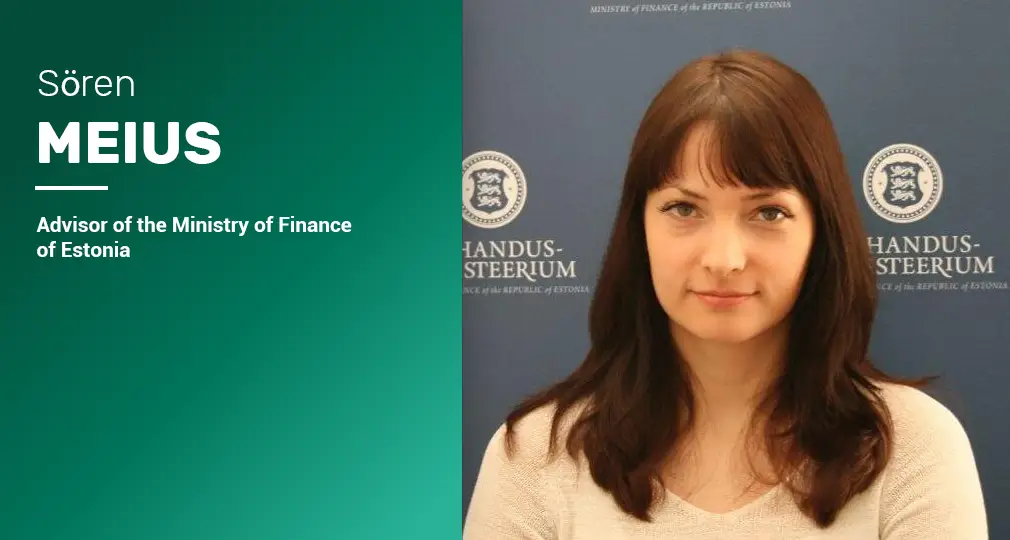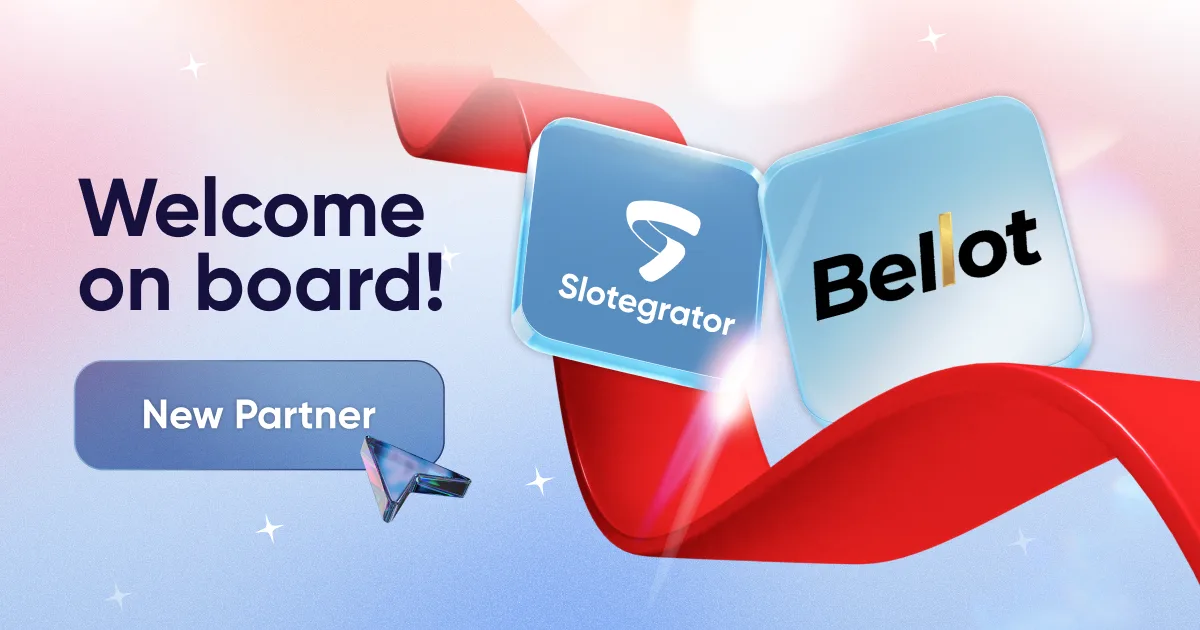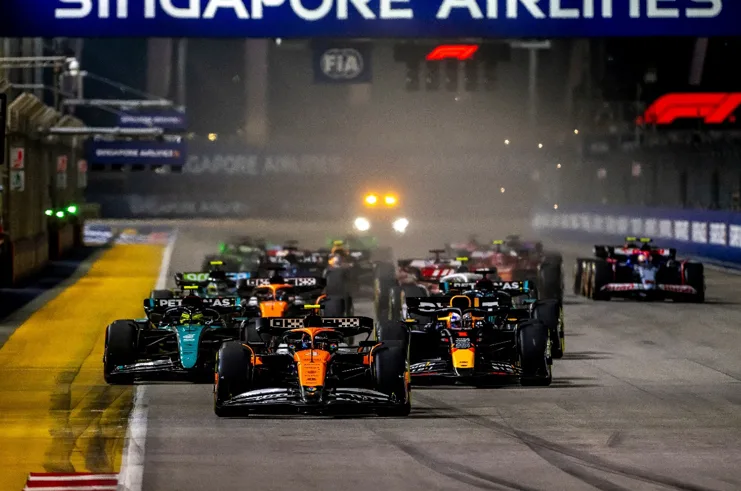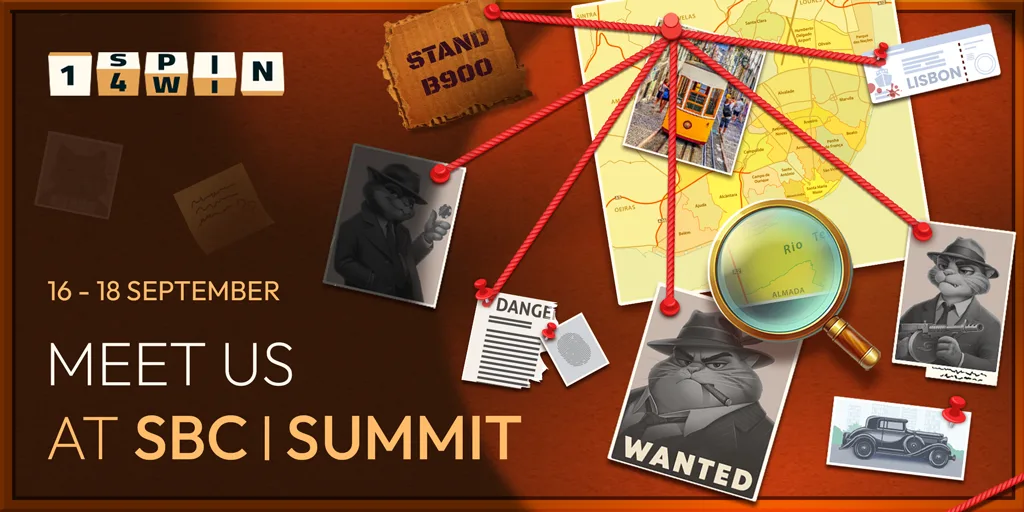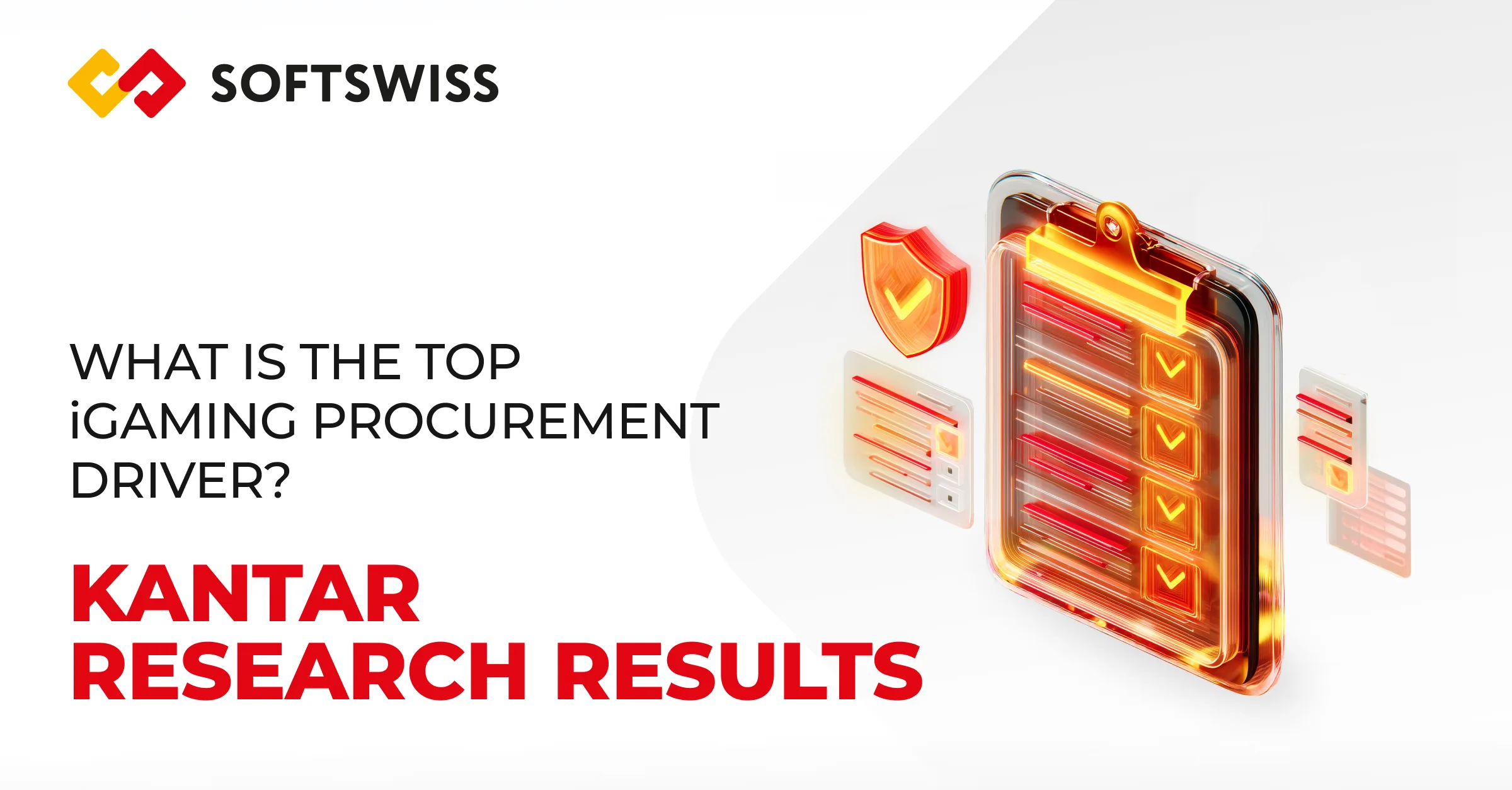The Baltic region is undoubtedly one of the most interesting markets for operators to discover, which is proved by recent gambling news. Estonia is its prominent representative.
Sören Meius, Advisor of the Ministry of Finance of Estonia, has explained the country’s regulatory framework, the procedure of license acquisition and overviewed the market during the pandemic.
Could you provide a short overview of what is happening in the Estonian gambling industry now?
The Estonian gambling industry has enjoyed for more than 10 years a relatively stable legal environment. The number of market participants has been growing slowly but steadily. In Estonia, the lotteries are organized by a state-owned monopoly, but betting and games-of-luck (casino) are licensed to an unlimited number of privately held operators.
The market is small due to the small size of the country, and additional restrictions for players: betting is allowed from age 18, and games of luck from 21. The number of operators has been around 18 in recent years but currently has increased to 24 (23, excluding the monopoly). There is a centrally kept register of problematic gamblers (self-exclusion list). All types of gambling operators have to adhere to measures that are directed to ensure the fitness and propriety of the companies, their directors, and establishments. The reporting and declaration of taxes system are comprehensive, but done digitally, which reduces red-tape.
The supervisory, as well as the licensing authority, is the Tax and Customs Board. The Estonian Financial Intelligence Unit has also the power to request information and supervise the adherence to AML/CFT rules.
How did the pandemic influence the market?
The COVID-19 outbreak in 2020 and the second wave that hit Estonia in early 2021 have kept the brick-and-mortar establishments closed, but the remote industry, as well as lotteries, have shown a significant increase in turnover. The aggregate turnover of remote gambling has increased from 1 641 million in 2019 to 2 047 million euros in 2020, the remotely organized tournaments (poker) from 1 399 million euro in 2019 to 2 217 million euro in 2020. The drop in betting has been noticeable: from 470 million in 2019 the turnover for 2020 has come only to 258 million euros, which is comparable to the turnover of 2017 (244 million). The increase of turnover of lotteries (aggregated, including numerical lotteries and scratch cards) came to almost 17 million euro, in the years 2017-2019, the combined growth was around 5 million euros. No gambling tax was collected from the closed establishments.
Online gambling was legalized in Estonia in 2010. What changed in this sector for 11 years? Are there any upcoming gambling regulations in the country?
As mentioned before, after the adoption of the Gambling Act in 2008, which came to force regarding remote gambling in 2010, the environment has been stable. We are aware that the black market and unlicensed services are still accessible, but restrictions on marketing and the fact that winnings from legal operators are tax-exempt for the players do play a role in shifting the preference of a more general audience towards the licensed and regulated offer.
Gambling addiction, which had a considerable rate before the enactment of the Gambling Act, declined and came to a stable <2% of “pathological gamblers” from the general population (i.e. ages 16-74). It is above the goal of 1%, which means that the likelihood of relaxing the rules by the state is low. The gambling addiction surveys are done biannually, and the results of this years’ study are expected by the end of November with slight concern, taking into account the increase in turnover. We will see whether this has translated into the addiction level of Estonia and if any regulative action should be taken due to that.
In addition, there has been a proposal to review all the thresholds and limits that are set in euros in the Gambling Act, as the relevance after 10-years-time might have lapsed. The revision has started, but no results are expected before the end of the year.
What are the market’s peculiarities?
From the policy side, we see that the gambling regulations in the EU are quite fragmented, but there is a certain overlap with our Baltic neighbors, the cooperation both in the regulative field and in supervision is quite strong and relations very good.
What are gambling taxes in Estonia? Are they a compromise for both state coffers and gambling businesses?
Gambling taxes are set by the Gambling Tax act. Both tax base and tax rate are regulated there and have been stable (the last changes of the law were made in 2019, and were about the use of the tax revenue).
The tax on both equipment (tables, machines) and GGR, and, generally speaking, is 18% for lotteries and 5% for other types of gambling.
What are the main requirements for operators to obtain an Estonian gambling license?
The procedure that takes some time is the connection of the electronic recordkeeping and control system with the information system of the Tax and Customs Board. But depends on the flexibility and preparedness of the operator to do that. The connection of the reporting system takes place through the information system data exchange layer (X-Road) as an operating service provided to the Tax and Customs Board. The interface of the recordkeeping system of the gambling operator with the reporting system must conform to the requirements of X-Road.
Of course, the licensing requirements of the law have to be followed and the state fee paid. There are two layers of licensing: first, an activity license has to be obtained – a procedure, which is focused on the eligibility and suitability of the company. With an activity license at hand, the application for an operating license can be filed, the procedure focused on the technical set-up (rules of games, exact locations, etc.). There is a rationale in dividing the processes, making sure that technical aspects are not in the way (or vice versa) in the decision of the suitability and trustworthiness of the company.
The state fee for reviewing gambling activity license is:
- 47 940 euros for organizing games of chance.
- 31 960 euros for organizing toto.
- 3 200 euros for organizing games of skill.
We have to say that while the fees are not small, upon the event that the license is declined, 93 percent of the state fee paid shall be refunded.
After obtaining the license, the operator has to pay taxes, no additional fees are collected.
Read more: Top Gambling Affiliate Programs






